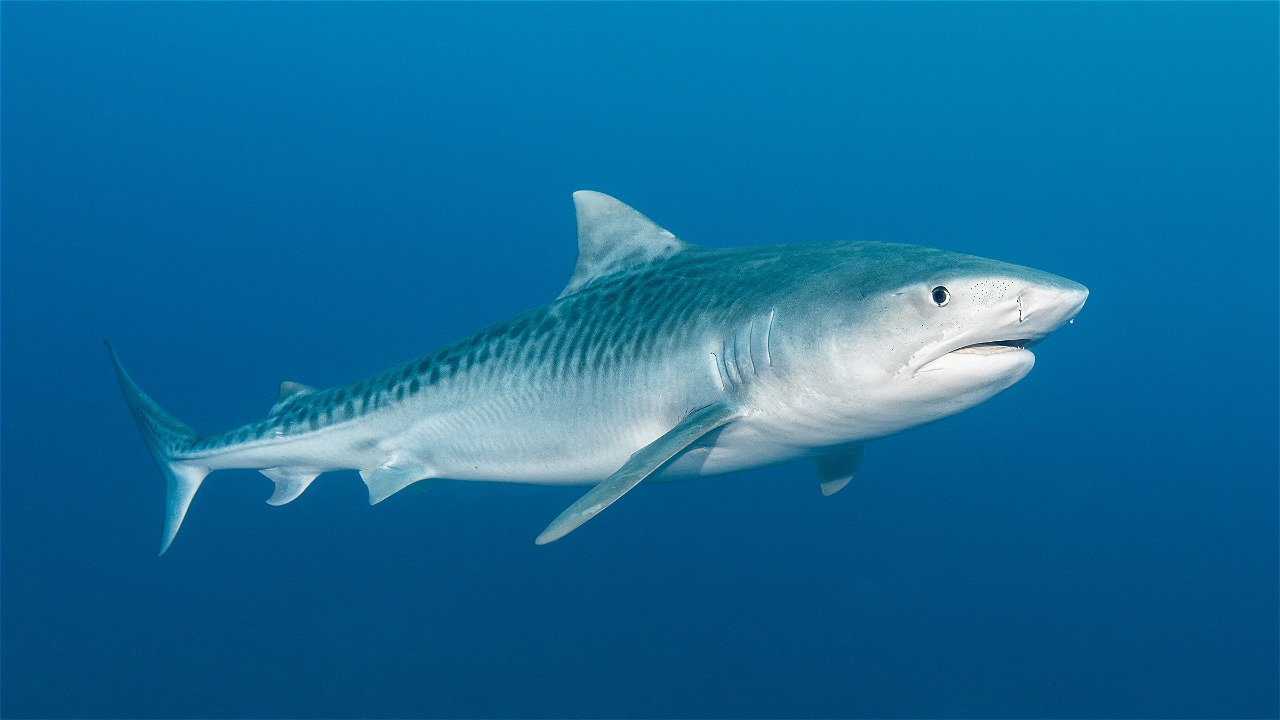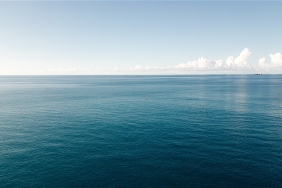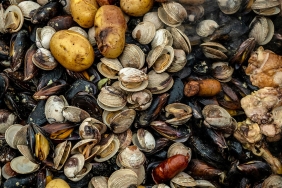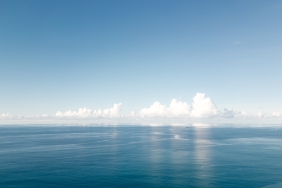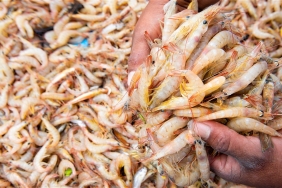WWF-INDONESIA URGES MILLENNIALS TO PROTECT SHARKS FROM EXTINCTION
By: Vinni Nurizky (Bycatch and Sharks Conservation Assistant)
Sharks are one of the most scrutinized marine actors in millennial society today. Its dwindling numbers, irresponsible tourism activities and massive poaching of its fins for consumption have further worsened its status. The UIBIOFEST 2017 National Seminar with the theme "Protecting Indonesia Ocean by Conserving the Sharks" held on November 19 invited millennials to learn more about the condition of Indonesia's ocean. By inviting speakers from different backgrounds, the UIBIOFEST 2017 National Seminar team hoped that the participants' knowledge about sharks would increase. The three key speakers were Dwi Ariyogagautama, Bycatch and Sharks Coordinator of WWF-Indonesia, Hamish Daud Wyllie, a public figure who is also an environmental activist, and Mr. Setiono, Head of the Fish Species Utilization Section of the Ministry of Marine Affairs and Fisheries.
In his presentation Yoga explained that sharks in Indonesia have a major threat from the aspect of capture fisheries. In fact, bycatch on industrial vessels and some small-scale vessels is very high and the practice of shark finning is still found. On the other hand, the demand for products for trade continues regardless of how the shark is caught. Especially the demand for shark products in big cities in Indonesia, such as in Jakarta.
Yoga added that the #SOSharks campaign promoted by WWF-Indonesia through social media is quite influential on the level of shark consumption in Indonesia. The amount of public participation ranging from raising the issue of shark protection through social media to reporting restaurants selling shark in Jakarta showed a decrease in shark consumption by 20.32% to 12,622 kg of shark fins in one year from at least 15,840 kg in 2014 (DJPT, 2016).
Yoga's presentation was echoed by Hamish, who as a public figure is a firm believer in the power of social media. "Even though we are far from the sea, urban communities can also show their concern for the sea through social media. We can 'poison' our friends, family, and followers to care about the ocean and its contents." added Hamish.
Among the hundreds of seminar participants, Pak Setiono urged them to start getting to know marine life. According to him, although Indonesia is listed as a mega biodiversity country, not many expert researchers come from within the country. It is unfortunate, if the wealth owned by Indonesia is managed by outsiders, because this can open up the possibility of unwanted things happening.
Participants who fall into the millennial generation category have a big stake in building an issue, moreover they can also take further steps as academics to conduct research on sharks and other rare animals to encourage efforts to conserve rare animals in Indonesia. Because even though in today's era, information is much easier to obtain through the internet and social media, there are still people out there who lack knowledge about the importance of preserving endangered animals. If you are a millennial who cares about the environment, let's continue to support nature conservation in your own way!

